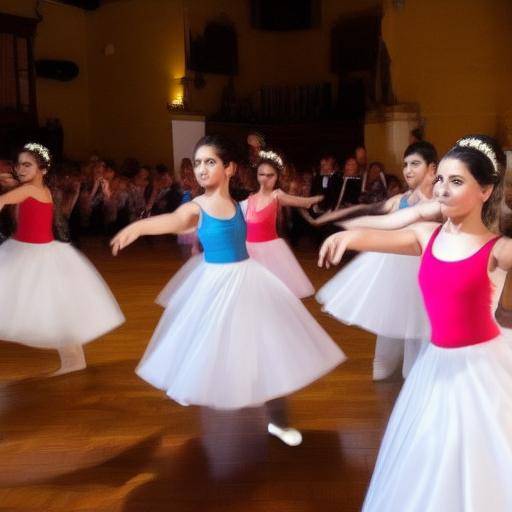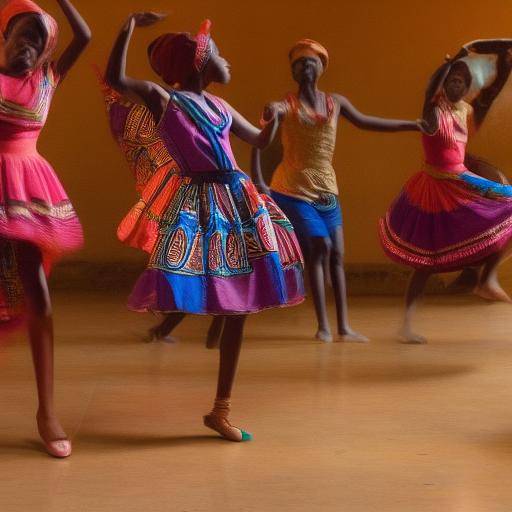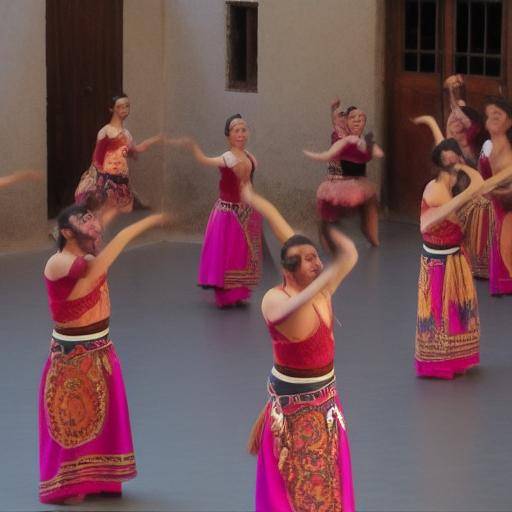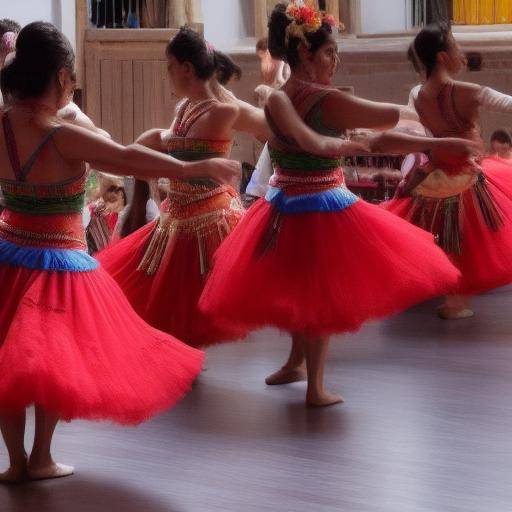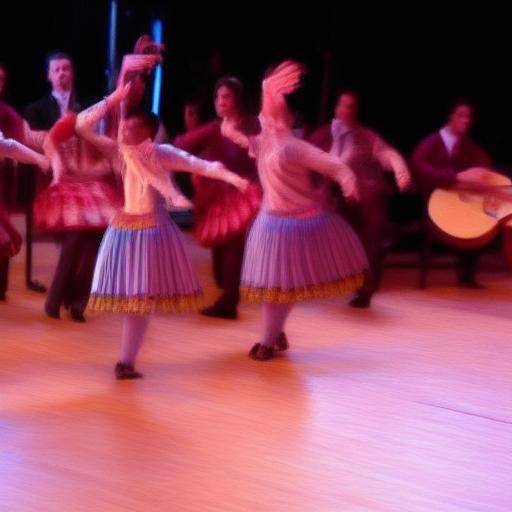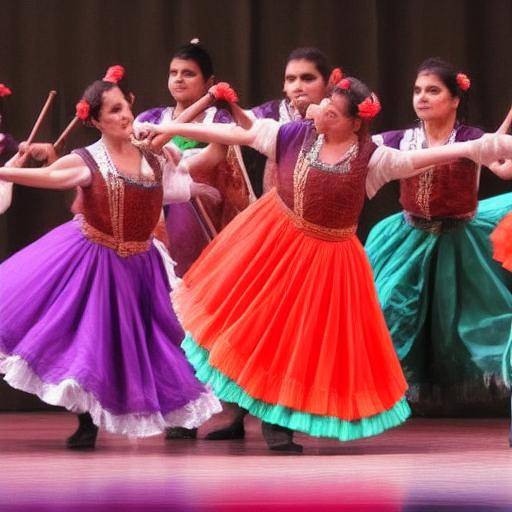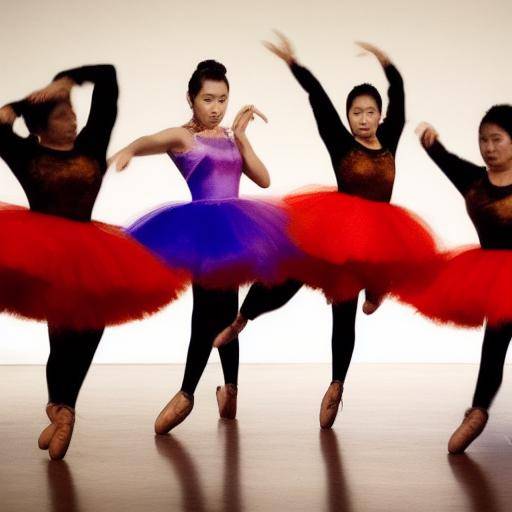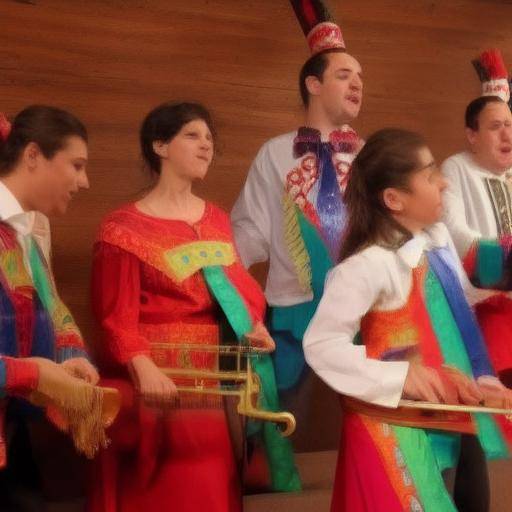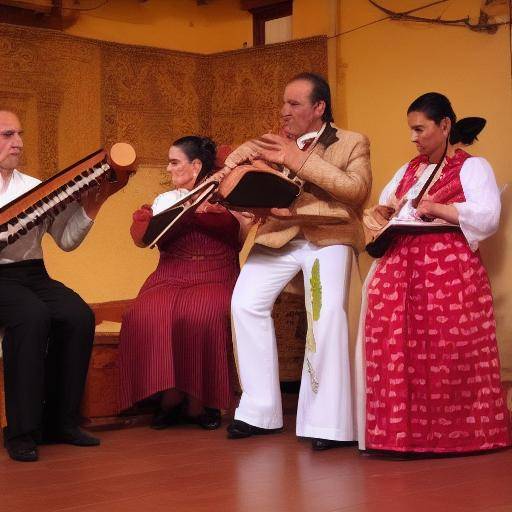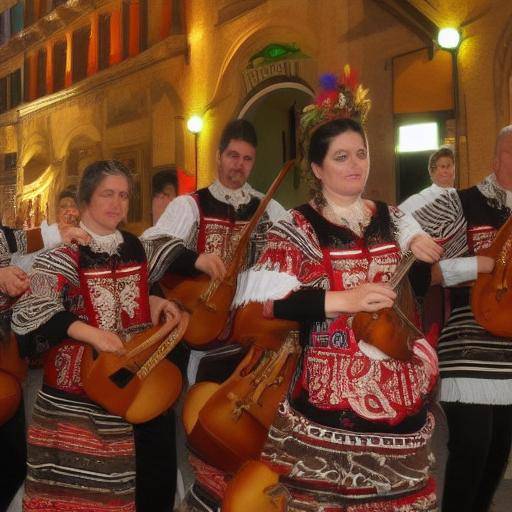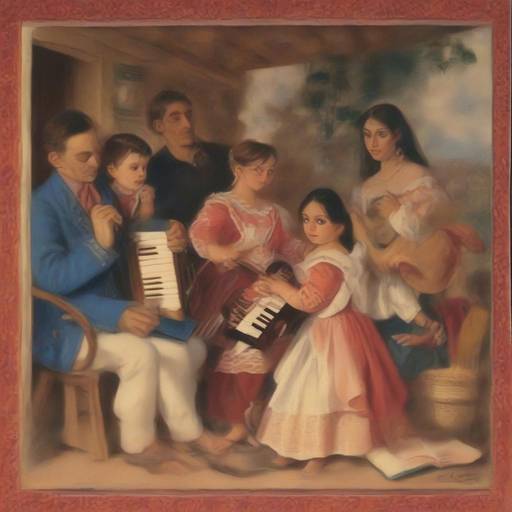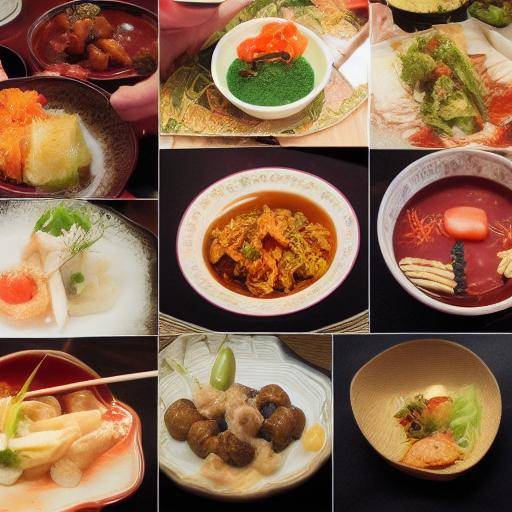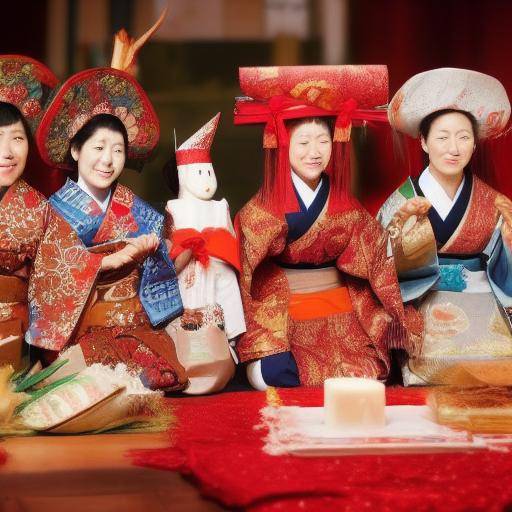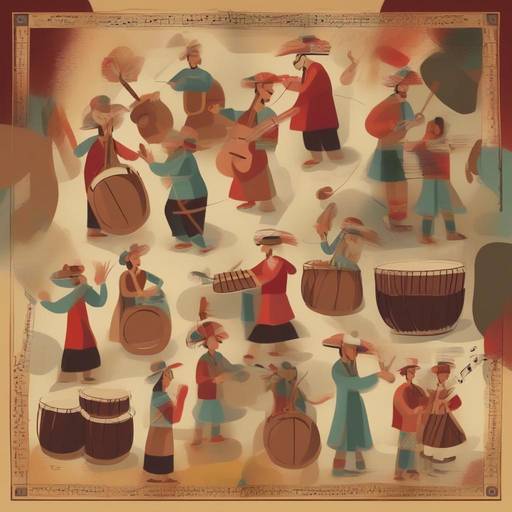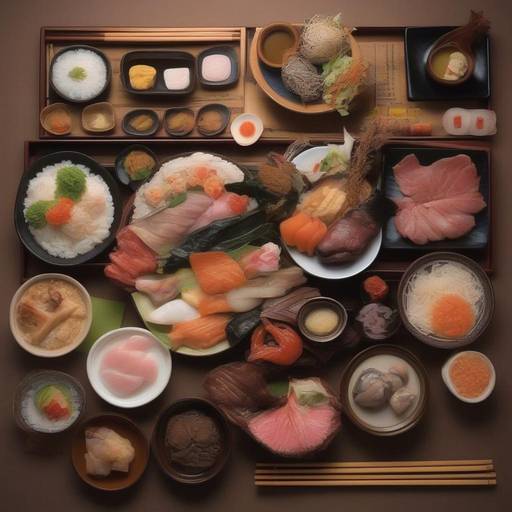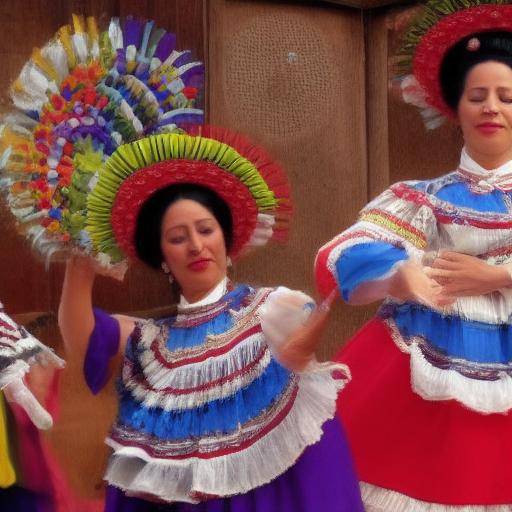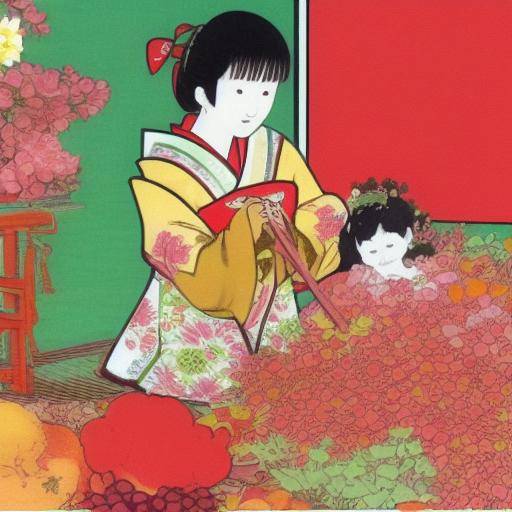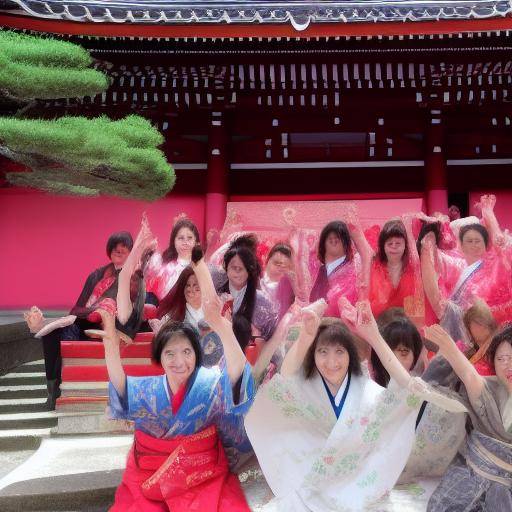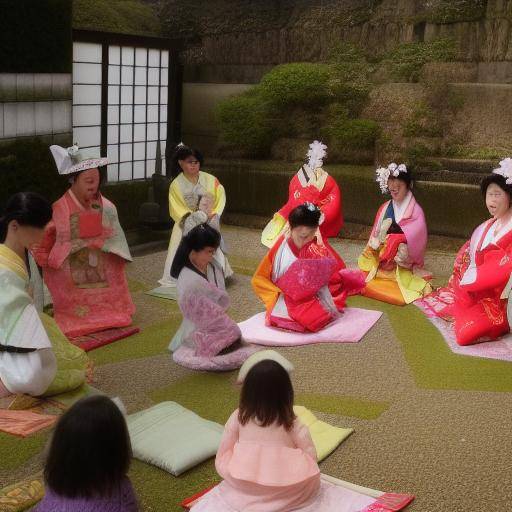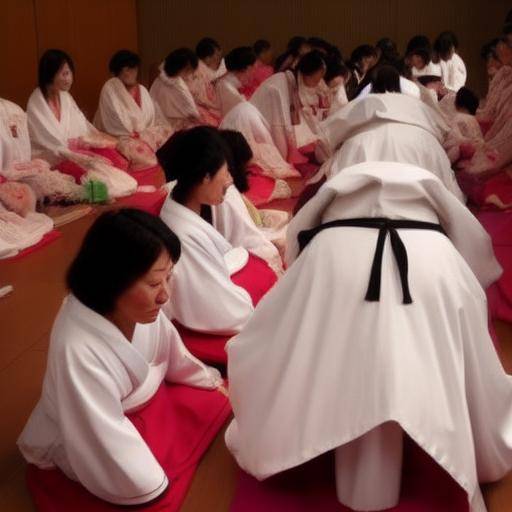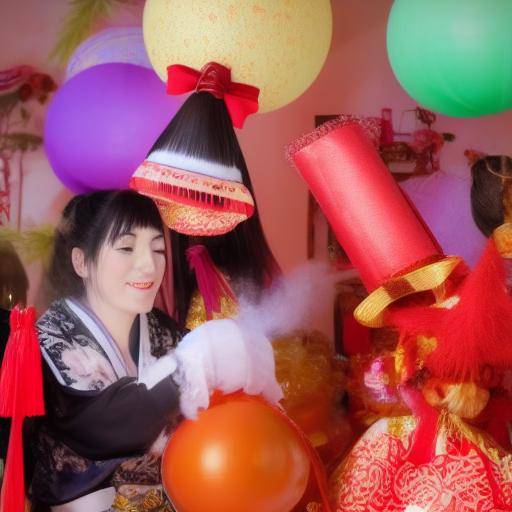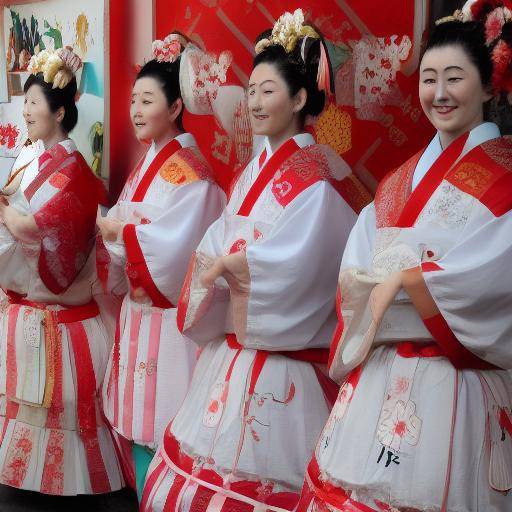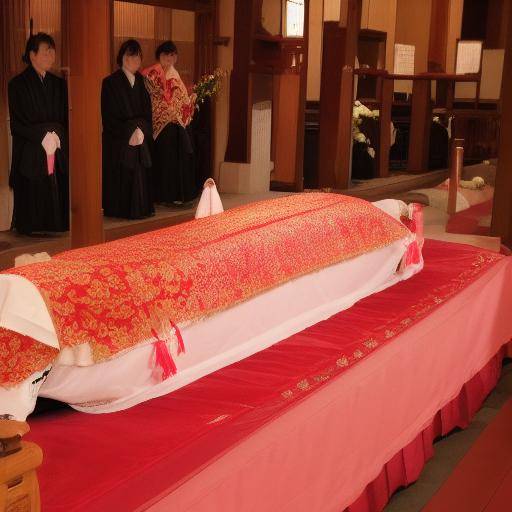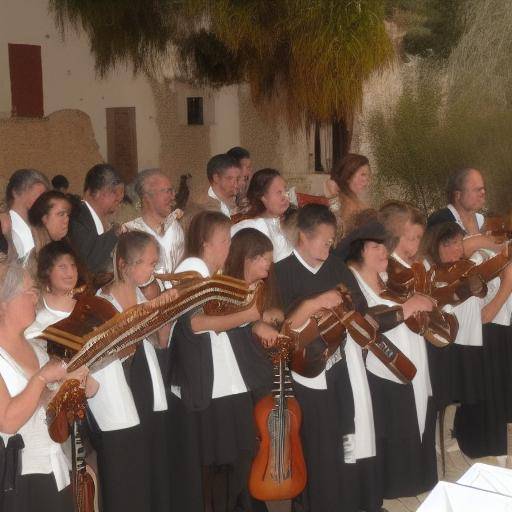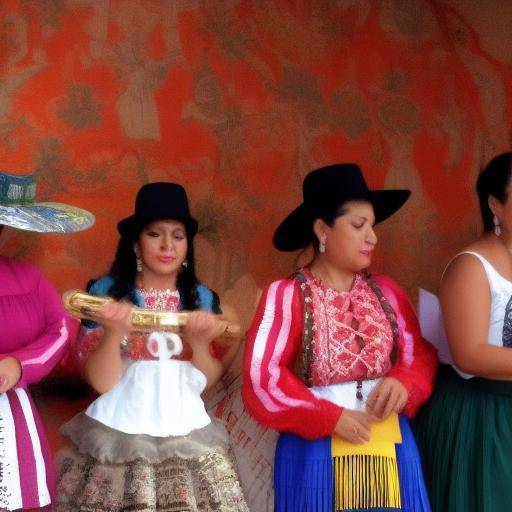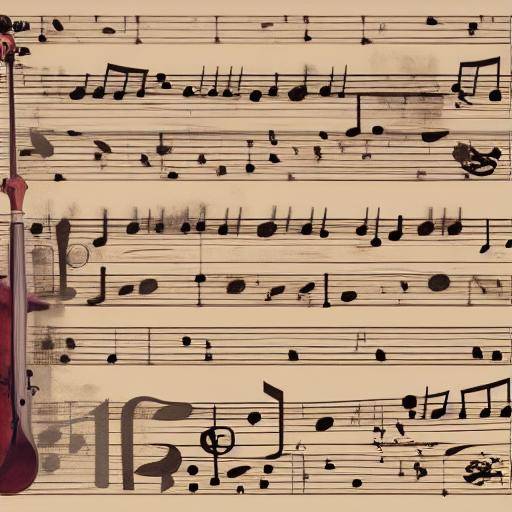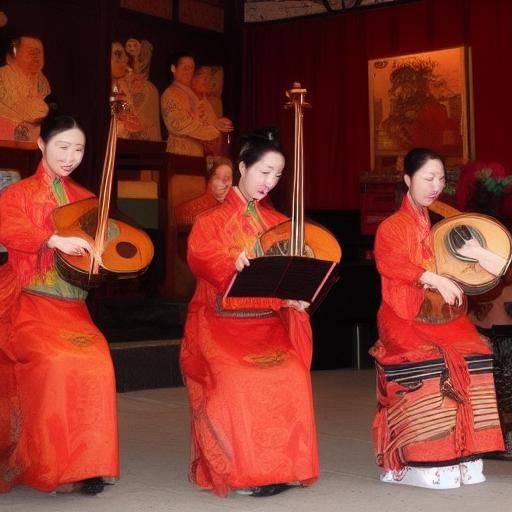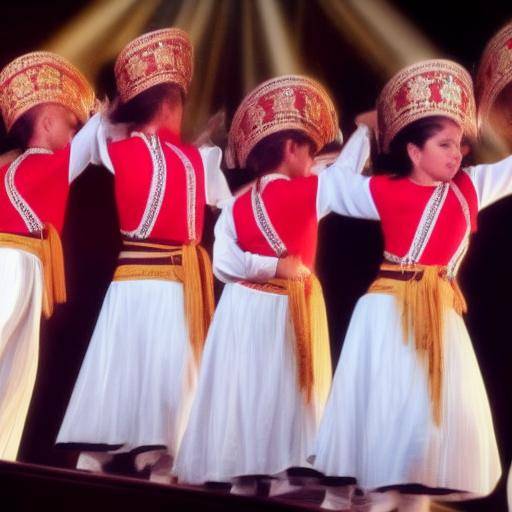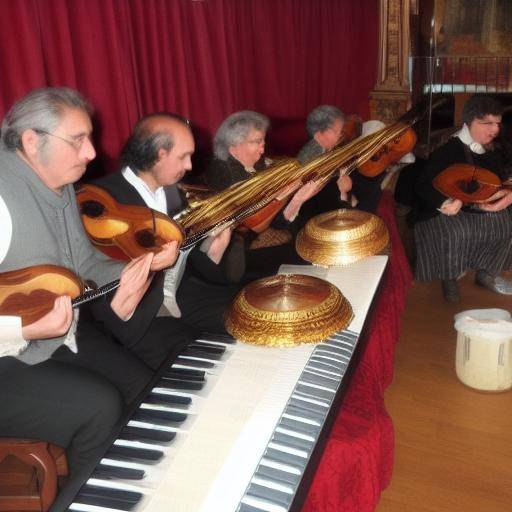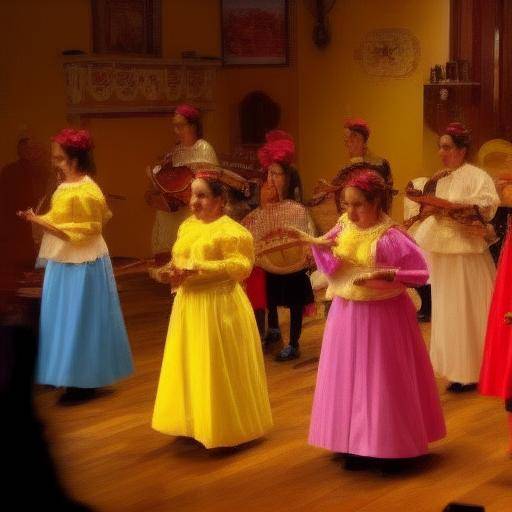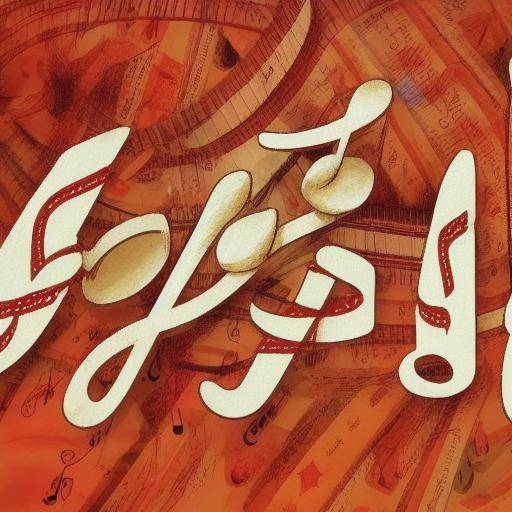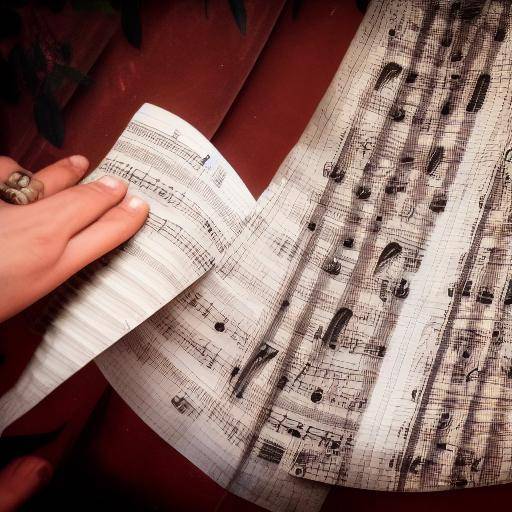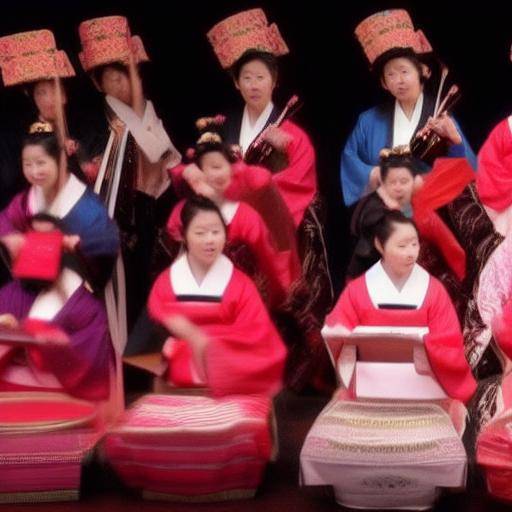
Introduction
Music is a fundamental element of Japanese culture, which has evolved over the centuries and crosses a wide range of traditions. From classical to contemporary music, Japan offers a rich diversity that reflects its history, philosophy and customs. In this article, we will explore the fascinating musical traditions in Japanese culture, from its historical genesis to contemporary musical expressions. We will discover how these musical traditions have transcribed the very essence of Japanese culture and influenced different musical genres around the world.
History and Background
Music in Japan has a history that goes back to ancient times, being influenced by Chinese and Korean traditions. During the Nara period (710-794) and Heian (794-1185), musical forms and Chinese instruments were introduced into the Japanese imperial court, laying the foundations for the development of traditional Japanese music. It is important to note that music played a crucial role in religious and ritual ceremonies in temples and shrines, which in turn contributed to the creation of a distinctive ceremonial and ritual music in Japan.
The Edo period (1603-1868) also left its mark on Japanese musical history, with the emergence of new forms of entertainment such as kabuki, bunraku and Noh theatre, all of which included music in their presentations. At this time, music experienced greater diversification and embraced different regional styles, producing unparalleled musical wealth.
Deep analysis
Traditional Japanese music, known as "hogaku", encompasses a wide range of genres and styles, such as "gagagaku", a form of cutting music with more than a thousand years old, the "shomyo", Buddhist singing, and the "koto", a pulsed string instrument. These musical styles are characterized by their subtlety, delicacy and a deep connection with human nature and emotions.
On the other hand, Japanese popular and modern music has evolved to include genres such as "j-pop", "enka" and "Japanese jazz". These genres reflect the influence of Western music and fusion with traditional Japanese elements, demonstrating adaptability and openness to innovation.
Full review
Japanese music has not only influenced culture and arts, but has also left an indelible mark on the soundtracks of films, anime and video games. Music in Japanese popular culture has become a global phenomenon, attracting followers from around the world and consolidating it as a fundamental pillar in the export of Japanese culture.
The influence of Japanese music has also spread to the arena of contemporary classical music, with Japanese composers gaining international recognition and contributing to innovation in the field of classical music.
Comparative analysis
By comparing Japanese musical traditions with other cultures, it is clear that Japanese music has maintained an immense singularity and has maintained a deep connection with its cultural identity. Although there have been mutual influences throughout history, Japanese music is still distinctive for its unique sound, rich tradition and aesthetic roots.
Practical Tips and Accessible Tips
If you are interested in exploring traditional Japanese music, it is advisable to search for "gagaku" or "shomyo" concerts in Japanese cultural centers or international music festivals. To get into Japanese popular music, explore "j-pop" and "enka" artists and immerse yourself in the vibrant music scene of the country.
Conclusions and FAQ
In conclusion, musical traditions in Japanese culture are fascinating and reflect the depth and diversity of Japanese culture. Music has evolved over the centuries, incorporating both local and foreign influences, and has demonstrated a unique ability to adapt and transform without losing its essence. From ancient cutting music to the explosion of contemporary popular music, Japan's musical traditions continue to impact and captivate audiences around the world.
FAQs
1. What are the most representative traditional instruments of Japanese music?
The most representative traditional instruments include shamisen, koto, shakuhachi and taiko. Each plays a crucial role in the creation of traditional Japanese music and provides a unique and distinctive sound.
2. How has Japanese music integrated into global popular culture?
Japanese music, especially J-Pop and anime music, has gained popularity around the world, attracting international followers and contributing to the spread of Japanese culture abroad.
3. What is the importance of music in traditional Japanese theatre, such as Noh and Kabuki?
Music plays a vital role in traditional Japanese theatre, creating emotional atmospheres and complementing performances. The musical instruments and styles used in these theatrical forms contribute to the richness and uniqueness of theatrical experience.
4. What foreign influences have impacted Japanese music throughout history?
Japanese music has been influenced by Chinese and Korean music in its early stages, and more recently it has been shaped by Western music, especially from the modern era.
5. Where can you experience traditional Japanese music performances?
The traditional Japanese music performances can be enjoyed at various cultural events, festivals and theatres in Japan, as well as in countries where Japanese cultural events take place.
6. How has Japanese music influenced contemporary classical music internationally?
Contemporary Japanese classical music has won international recognition, with Japanese composers who have contributed significantly to the development and innovation in classical music.
In short, musical traditions in Japanese culture are a reflection of Japan's rich history and diversity. From traditional classical music to the vibrant contemporary music scene, Japanese music continues to be a beacon of creativity and cultural expression. Exploring these musical traditions is to dive into a universe of captivating sounds that transcend time and space, and a window to the fascinating Japanese culture.

